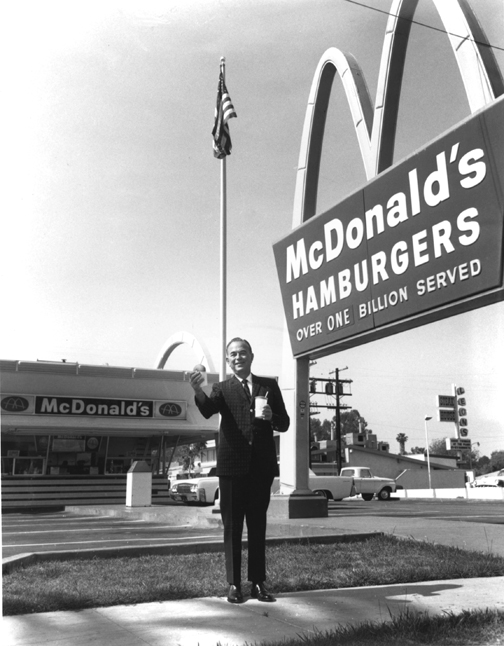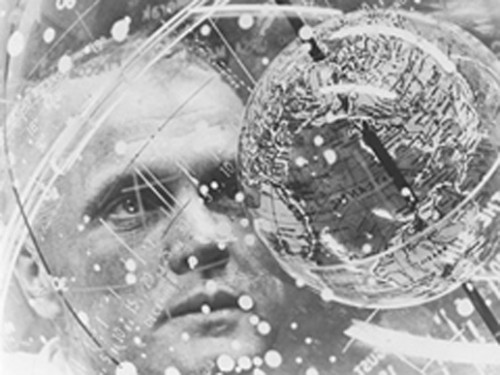
When entrepreneurs reach the pinnacle of success, they are often asked to explain how they got there. When they do, they usually lie. They attribute their success to luck and the people around them. They pretend they were simply along for the ride.
They lie in order to appear humble. But there is no virtue in modesty when it is misleading. The truth is that, with rare exceptions, entrepreneurs do not believe in luck. Luck, they know, is what gamblers count on. And entrepreneurs do not gamble. Instead, they take calculated risks. They are always looking for the best risk/reward equation. If they had their druthers, they would take no risk at all. But they know that their job is to create newness and newness brings with it some risk. Most of their thinking is devoted to reducing risk, not gearing themselves up to take more of it.
Some quotable mendacities:
- “I attribute my success to two things. I am not afraid of taking risks – big risks. I prefer to take big risks because that’s the only way to score big returns.” (David Paschal, president of Paschal Petroleum Inc.)
- “Every time we’ve moved ahead in IBM, it was because someone was willing to take a chance.” (Thomas Watson, CEO of IBM)
- “Risk is the force of entrepreneurship – because where there’s risk there’s also a reward.” (Karl D. Bays, chairman of Baxter Travenol Laboratories.)
- “Entrepreneurs are risk takers, willing to roll the dice with their money or reputation on the line in support of an idea or enterprise.” (Victor Kiam, president and CEO of Remington Products)
- “If you’re not a risk taker, you should get the hell out of business.” (Ray Kroc, McDonald’s mastermind)
The other way entrepreneurs lie is to pretend that they were motivated by noble thoughts and never compromised their ethics.




